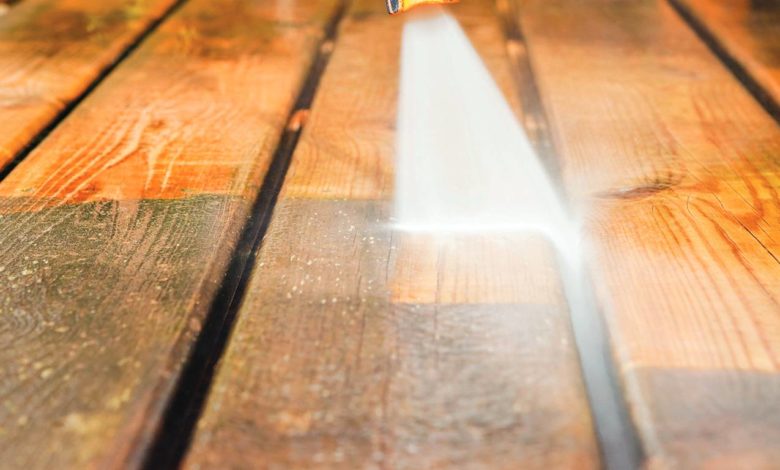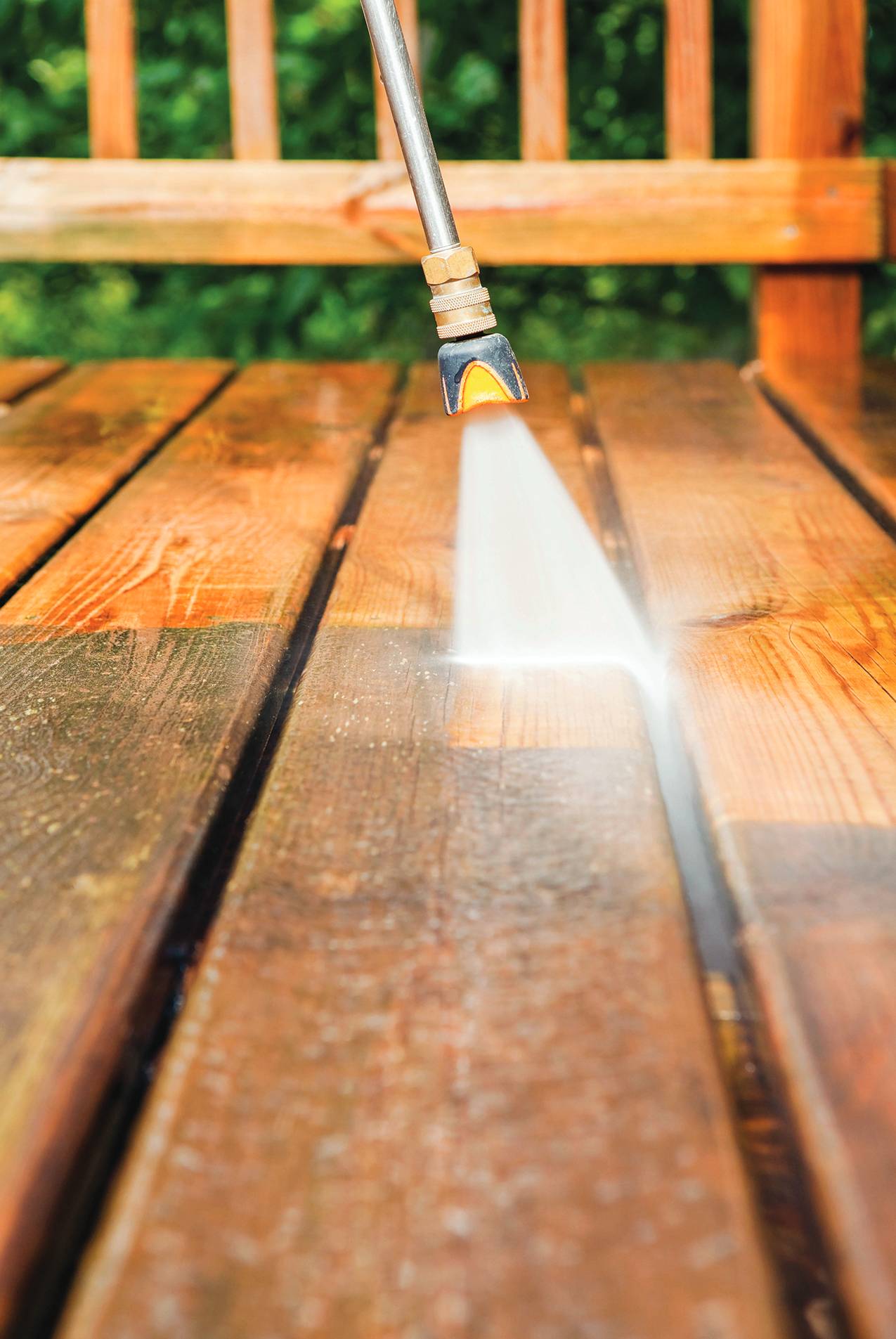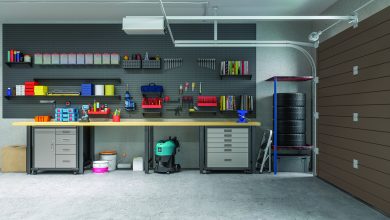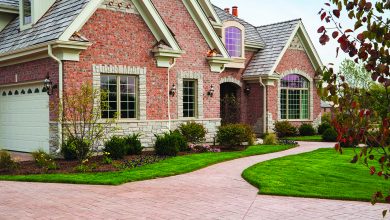POWER WASHING

Safety first when power washing your home this spring
Spring cleaning is a great way for homeowners to clear their homes of clutter. As people spend extra time indoors in winter, items can quickly pile up around the house. Spring is a great time to clean up such clutter, but interior spaces are not the only areas of a home that can benefit from some extra attention once the weather warms up.
Harsh winters can take a toll on home exteriors. Dirt and grime can build up on exterior home surfaces over the course of the winter, affecting the appearance of the siding of a home as well as outdoor entertaining areas.
Power washing is a great way to give a home a fresh, clean look in spring. But there’s more to power washing than simply renting the right equipment and getting to work. There are many risks associated with using power washers.
For instance, strong spray from power washers can cause serious wounds that initially seem minor. It is important to follow manufacturer safety instructions on all power washing equipment.
Homeowners who are intending to power wash their own homes this spring should first determine if they’re physically capable of doing so. Power washers can be difficult for some people to control, so it’s imperative that homeowners honestly assess their physical abilities before renting a unit. They need to determine if they can safely handle power washers and take these additional safety steps to make sure the process of cleaning their home exteriors goes smoothly.
- Never point a pressure washer at yourself or others.
- Do not attempt to push or move objects with spray from the washer. If anything is in your way, turn the power washer off and then move the obstruction.
- Never use a gasoline powered washer in an enclosed space, which can increase the risk of carbon monoxide poisoning.
- Always test the ground fault circuit interrupter (circuit breaker or outlet) before using a pressure washer.
- Always plug a properly grounded pressure washer into a properly grounded receptacle.
- If an extension cord must be used, keep the pressure washer’s power cord connection out of and away from any standing water, and use a heavy duty extension cord with components rated for use in wet locations. Keep both the power cord and extension cord connections as far away as possible from the item being washed and away from any water runoff. While power washing, periodically take note of the location of the extension cord connections to ensure they are not in a puddle.
- Wear rubber-soled shoes that provide some insulation when using the pressure washer.
- Never cut or splice the pressure washer’s power cord or extension cords.
- Never remove the grounding prong from the pressure washer’s power cord plug or the extension cord.
- Pause the project if a circuit breaker is tripped. Always have a qualified electrician check the pressure washer for electrical problems after it has tripped a circuit breaker.
- Never allow children to operate a pressure washer. Keep children at a safe distance when an adult is using a pressure washer.
Power washing can give a home a whole new look after a winter’s worth of dirt and grime builds up on the home’s exterior. Safety must remain the utmost priority when operating a power washer on your own.






